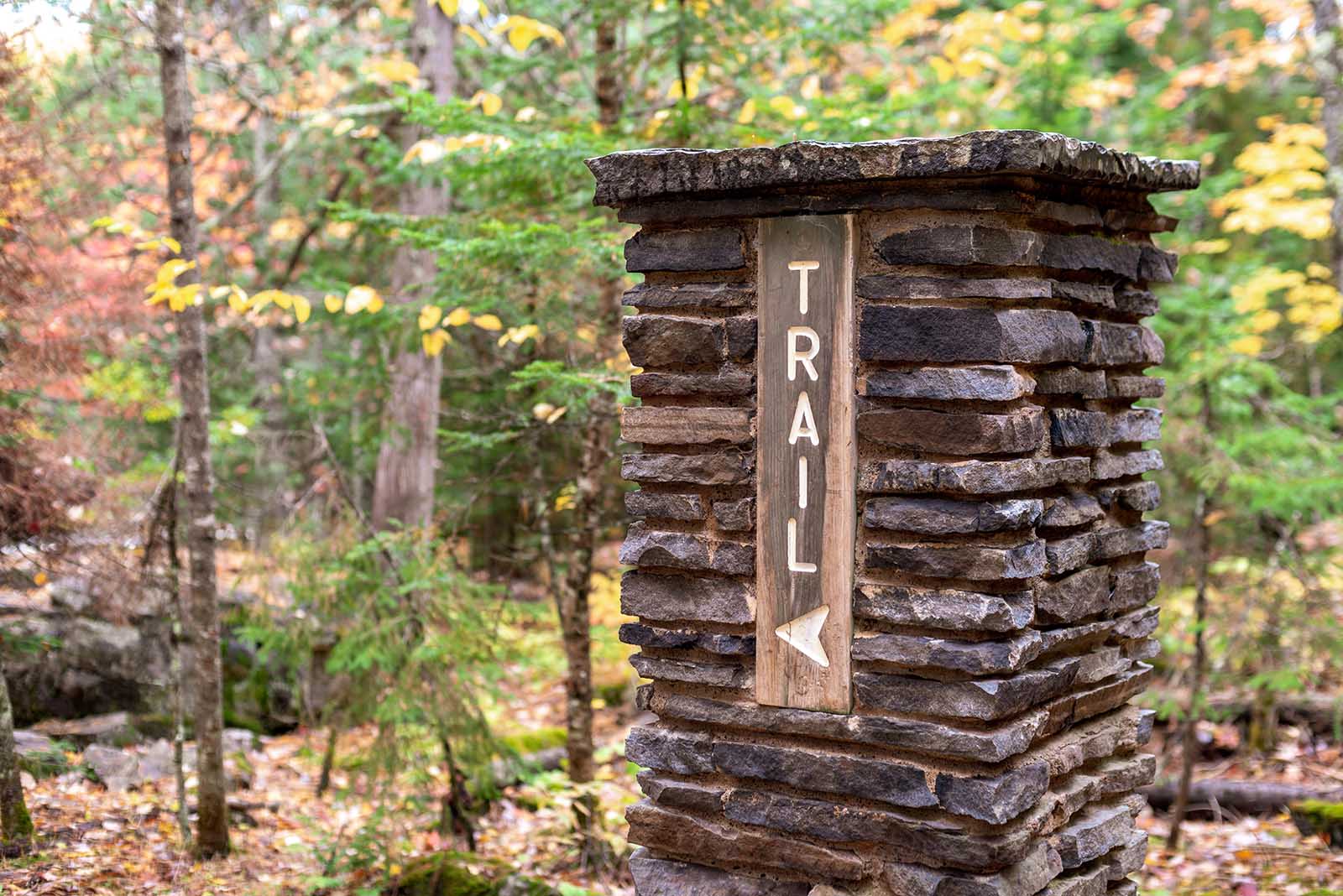22 Camping Terms You Should Know Before You Go
May 22, 2021

“So I’ve finally anchored the tent with a deadman and now I’m starving. Do we have any GORP that I could scarf down real quick? Maybe we should consider boondocking next time…”
If that sentence didn’t make any sense to you, don’t worry. Like any serious hobby, camping has its own special jargon known only to its most dedicated followers. If you’re new to camping, these camping terms can be incredibly confusing and frustrating. That’s why we’ve compiled a list of popular camping terms that every beginner camper should know before they go. Book your campsite reservations, pack your cooler and let’s dive in.
Tent Camping Terms
’Biner: Short for carabiner, this is a metal tool used by hikers and campers to secure things to their pack or hang things up around camp.
Car Camping: A form of tent camping in which you park your car right next to your camping spot. Car camping is ideal for beginner campers and families who may need to pack more supplies for an easier camping experience.
Deadman: A large rock or log buried in the ground that provides a secure point to anchor a tent. This is often done when the ground is too soft to stake a tent.
Double-Wall Construction: A style of tent with a rain fly that is separate from the mesh inner tent. Although lightweight double-wall tents are pricier than single-wall tents, they generally offer greater comfort, protection and privacy.
Freestanding Tent: A tent that does not require guy lines or stakes for stability.
Guy Lines: The cables or cords that attach to the loops on a tent and are then staked into the ground.
LNT: An acronym for “Leave No Trace,” a set of seven principles formed by the Leave No Trace organization intended to educate campers and minimize the impact on the environment.
RV Camping Terms
Boondocking: Boondocking describes camping in an RV without hookups (water, electricity, sewer) in a location far away from civilization or developed campgrounds. Check out our blog – What Is Boondocking? – to learn more.

Dry Camping: A term often used interchangeably with boondocking; however, there is a slight distinction. Dry camping also describes camping without hookups, the difference being that dry camping can occur on campgrounds and even some parking lots. Check out our blog – What Is Dry Camping? – to learn more.
FHU: An acronym for “full hookup,” often used to refer to campsites that provide access to shore power, water and sewer.
Moochdocking: The act of boondocking or dry camping on someone else’s property for free—usually the property of a friend or relative.
Passport America: Sooner or later, you’ll probably hear your fellow RVers talking about Passport America. This is a discount camping club that gives you a 50 percent discount on U.S. campsites.
Toad: Also called a “dinghy,” a toad is a small vehicle that is towed behind an RV.
Hiking/Backpacking Terms
Blaze: A sign or a painted symbol on a tree or a rock that is used to mark a trail.
Bushwhacking: The process of hiking off-trail, sometimes by cutting through dense foliage.
Cache: A hidden placement of food and goodies left near a trail for future use.
DWR: An acronym for “Durable Water-Repellent,” a coating added to clothing (typically outerwear) that makes it water-resistant.
GORP: An acronym for “good old raisins and peanuts.” The term has evolved to mean virtually any kind of trail mix containing snack foods such as dried fruit, nuts, granola and chocolate.
Potable Water: Basically, water that is safe to drink. When you’re going for a long hike or backpacking trip, it’s important to have some kind of water purification system to treat your water.
Thru-Hike: A long-distance hike in which the hiker follows a continuous trail in one direction. Often associated with the Pacific Crest Trail (PCT) and the Appalachian Trail (AT).

Trailhead: The place where the trail begins.
Trail Magic: An unplanned and mysterious act of goodwill by a fellow hiker, commonly known as a trail angel.
Learning the Lingo
Familiarizing yourself with the lingo is often the most difficult part of breaking into a new hobby, and camping is no different. Stick with it long enough, though, and these camping terms will eventually worm their way into your vernacular. Soon, you’ll be casually dropping terms like “boondocking” and “bushwhacking” into your conversations with friends and family. The strange looks they give you can be considered a camping rite of passage.

SIGN UP FOR EXCLUSIVE OFFERS
Sign up for our newsletter and get exclusive access to new product launches, special offers and much more.
RELATED BLOGS














